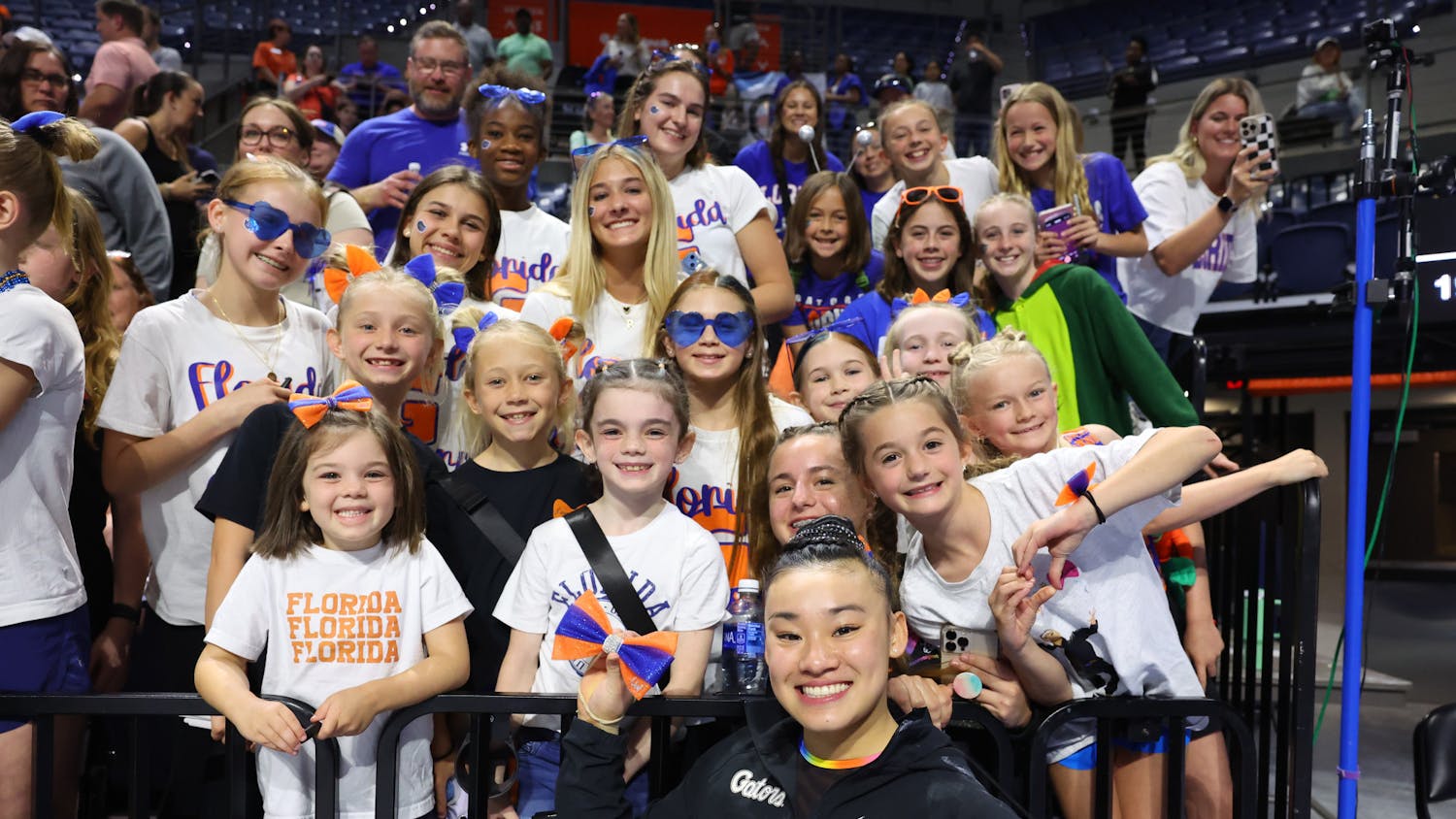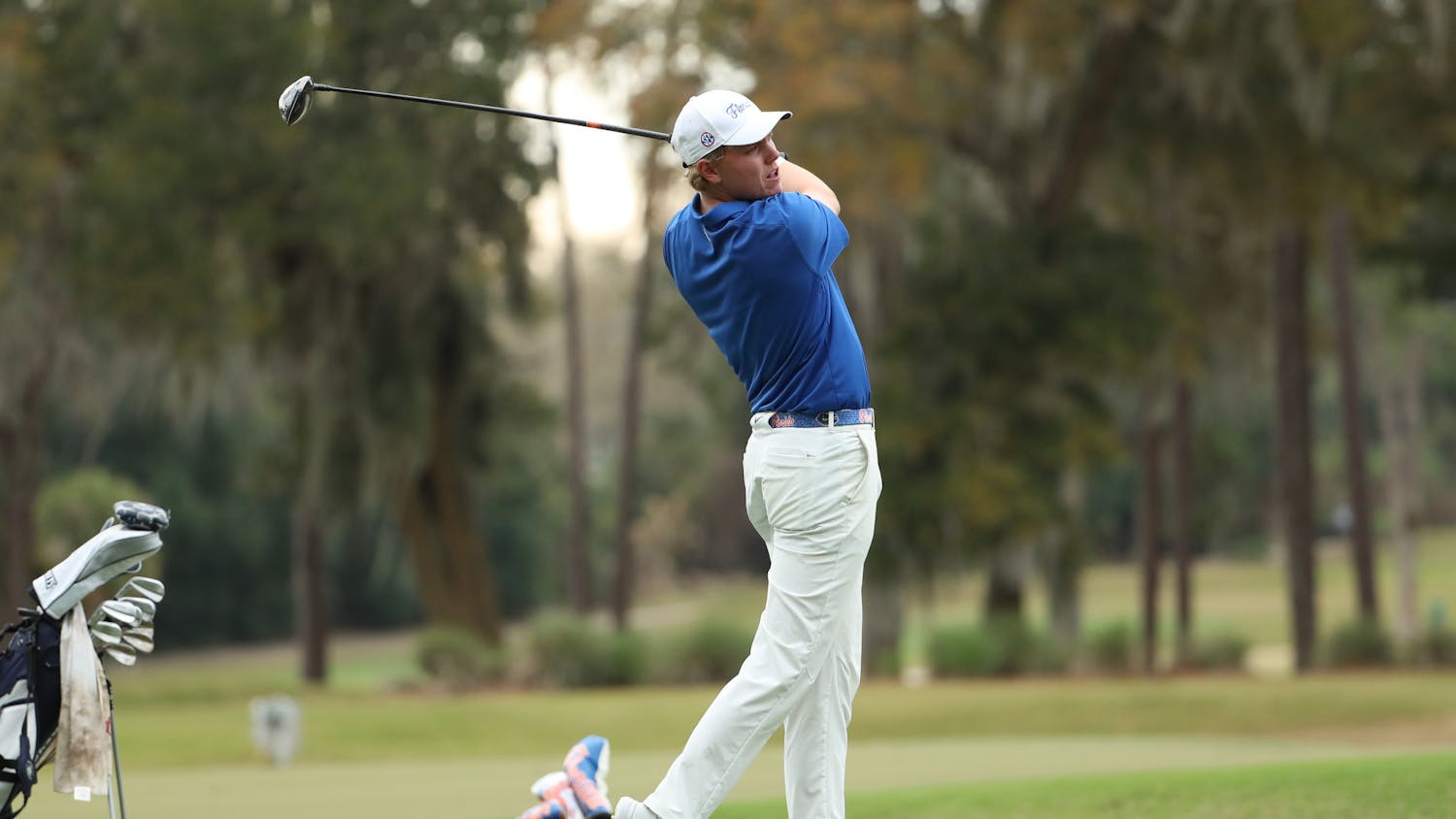The pancreas transplant program at UF&Shands has reopened and is accepting patients.
The United Network for Organ Sharing approved the program’s reactivation Oct. 22, according to a press release from UF&Shands.
UF&Shands voluntarily suspended its adult and pediatric liver transplant programs and pancreas transplant program after losing surgeons to other medical institutions in August 2011, according to the release.
The reactivation was made possible after Shands hired two surgeons to join UF College of Medicine’s Department of Surgery this summer: Dr. Kenneth Andreoni and Dr. Brendan Boland.
The liver transplant program became active again in April, according to the press release.
Andreoni said Shands is currently working on rebuilding its transplant waiting list.
“We had some folks who wanted to wait,” he said. “Several of the others transferred their time back to us.”
He said the hospital now has four abdominal transplant surgeons, who perform pancreas, kidney and liver transplants.
Andreoni said other programs typically perform between eight and 12 transplants a year, but Shands was sometimes able to double that number.
With the program’s reactivation, he said he is hoping to average 13 surgeries annually.
“People have been kind; the donation rate has been good,” he said. “The average wait time for someone who is waiting for a kidney-pancreas combined transplant is shorter than the average in the country.”
Pancreas transplant surgery is a treatment option for Type 1 diabetes, Andreoni said.
“It’s important to offer transplants to people who will not only see an increase in quality of life but an increase in life length in general,” Andreoni said.
Aaron Froug, a 19-year-old food science and human nutrition freshman with Type 1 diabetes, said he’d rather Shands use the transplant program money to find a new insulin source for patients.
“Research and testing, I feel, would be an overall better solution,” he said. “Find out how to stop it before it becomes a problem.”
Contact Michael Scott Davidson at mdavidson@alligator.org.





